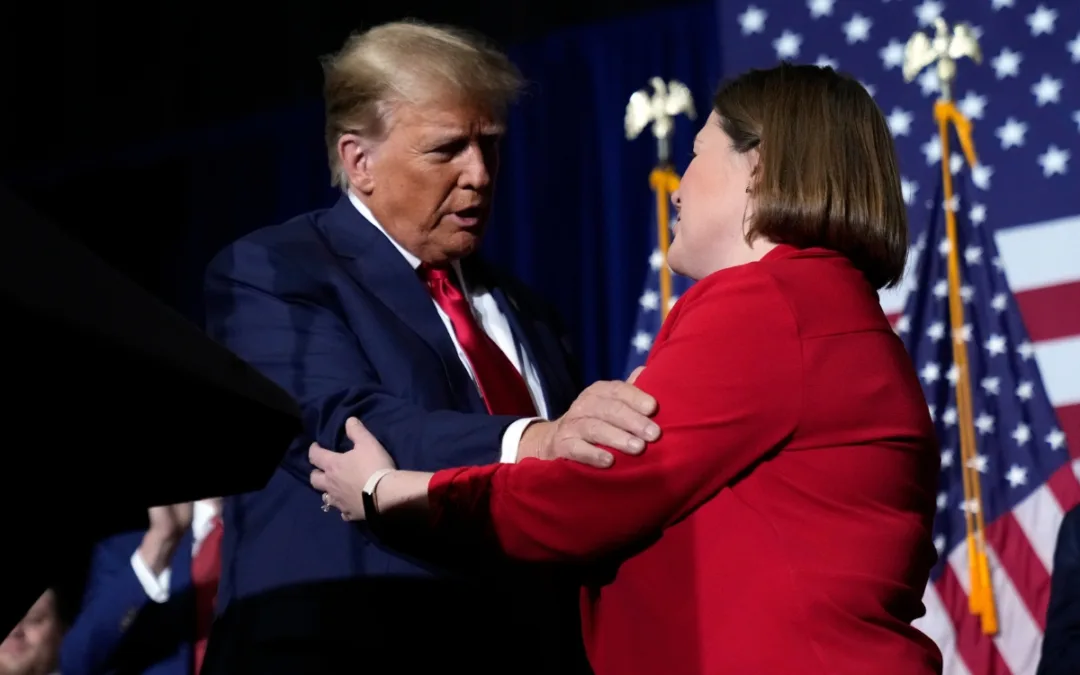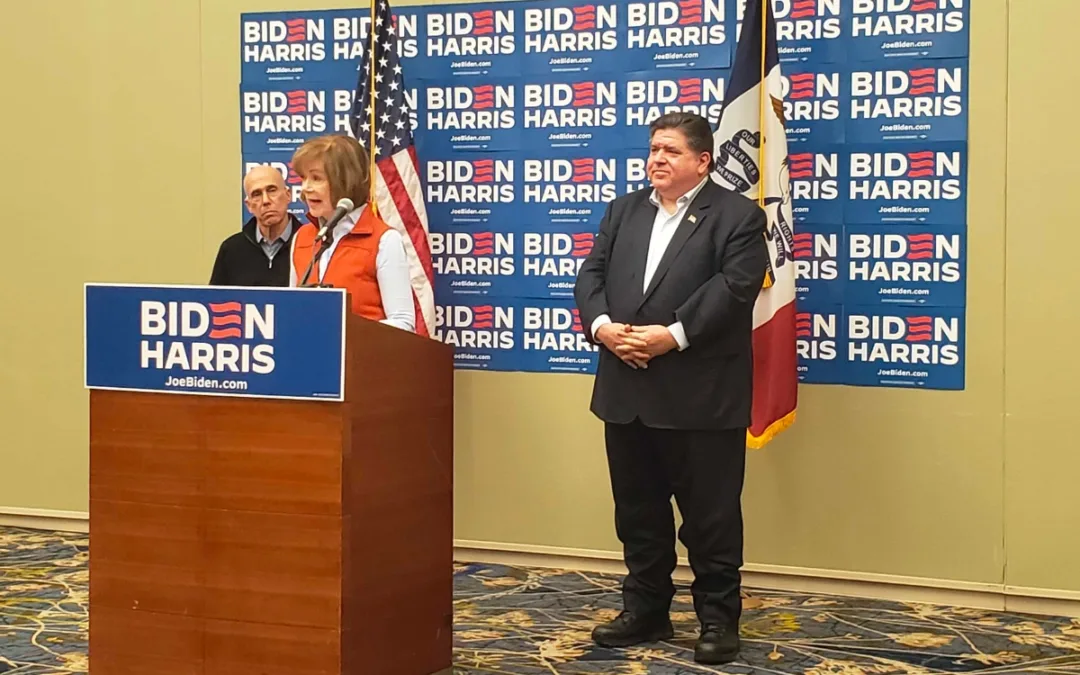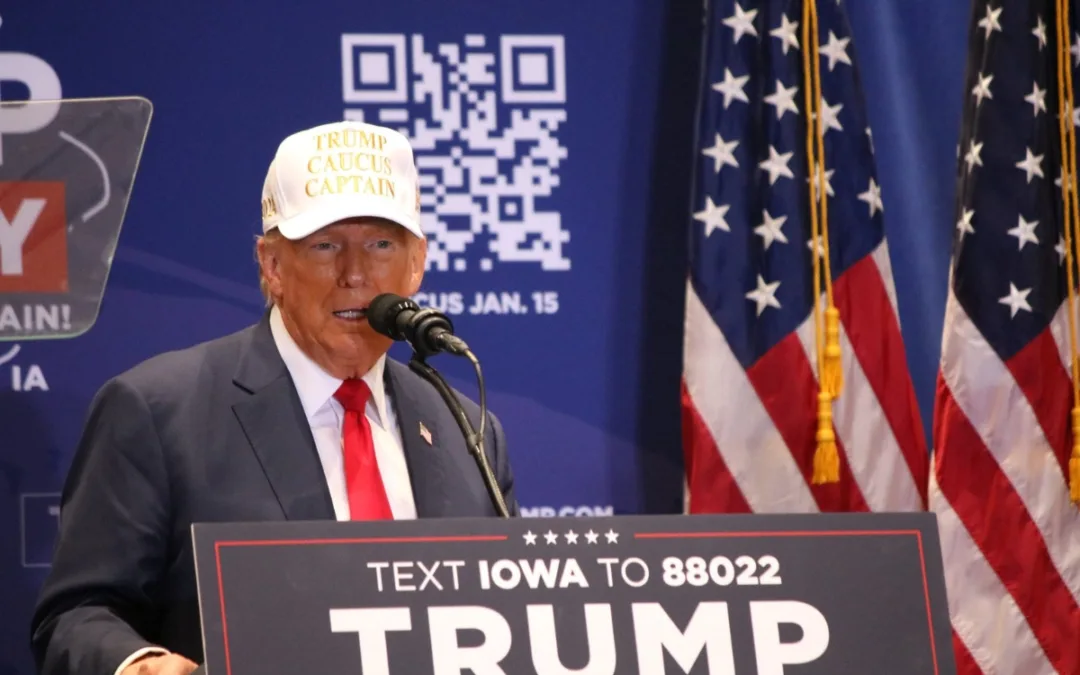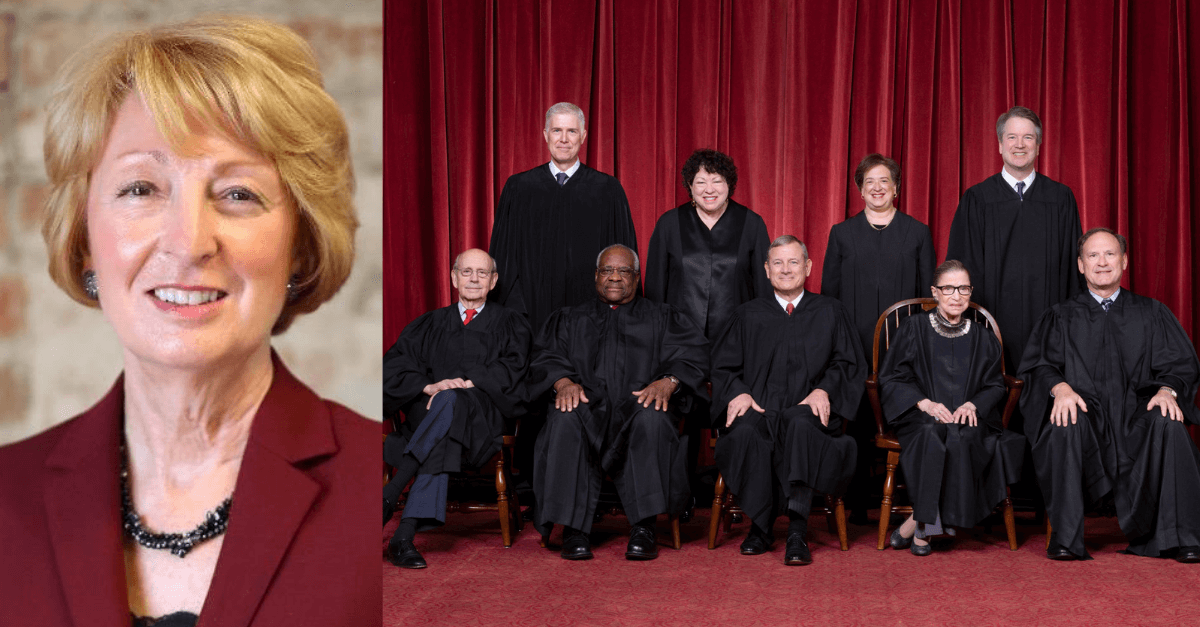
Former Iowa Attorney General Bonnie Campbell has a message for the presidential candidates visiting Iowa: expand the number of justices on the Supreme Court to protect basic, fundamental rights. She penned an op-ed in the Des Moines Register on the subject and spoke with Starting Line about the importance of the idea.
While Supreme Court reform has emerged as a topic in national political conversations this cycle, Campbell’s advocacy could help raise the issue’s profile in the Iowa Caucus.
Campbell said Republicans have politicized the Court by filling it with far-right conservative ideologues who haven’t committed to upholding Supreme Court decisions that established various civil rights, and that balance needs to change if those rights are to be protected.
“I’ve always known, believed, that the Supreme Court would be there,” she said. “For example, when it couldn’t be decided if we should integrate schools, the Supreme Court made that decision.”
She said that, in regard to women’s rights, various Trump court appointees have said they wouldn’t feel bound by precedent.
After hearing that, Campbell said she began wondering why the Court has to be held at nine seats. Article III of the Constitution only specifies that the Supreme Court should exist, not how many justices should serve on it. That decision is up to Congress.
[inline-ad id=”1″]
“Personally, I never thought I’d say, ‘Expand the Supreme Court,’” Campbell said. “I’ve had such faith in it, but I’ve just lost that faith.”
Prior to writing her op-ed, Campbell said she hadn’t seen much discussion about the idea of expanding the Court, and she thought it deserved attention.
“I didn’t just wake up one day and say, ‘Oh, gee, our courts should be bigger,’” Campbell said. “But looking at the things being funneled to the Court and understanding how relevant they are in the real lives of real women and others, it just doesn’t seem like we shouldn’t be talking about it.”
After all, she said, the number has changed before.
The Court’s Previous Variations
The Judiciary Act of 1869 officially set the number of Supreme Court justices to nine, and it hasn’t changed since then.
Before that, the Court fluctuated from seven in 1807 to nine in 1837, and then to 10 in 1863. In 1866, the official number went back to seven, and the number was meant to decrease as justices left. But because only two did by 1869, Congress decided to add one more and set the number at nine.
The last time serious discussions were had about expanding the court was in 1937, when the Supreme Court began blocking President Franklin Roosevelt’s New Deal programs.
However, his court-packing plan was unpopular with his advisors, Congress, and the American people, and it cost him politically in the next election.
Part of the reason for the failure was his proposal for how to add justices, and how clear it was that he did it for political purposes.
[inline-ad id=”0″]
The Current Debate
There’s still a political dimension to the question of expanding the Court, but Campbell said there’s more to it than a president passing their favored policies.
“Short of a remedy in the 2020 election, the appellate courts and federal district courts all across the country are going to be right-wing Republican, and that’s just not healthy,” she said. “And I would say the same if they were all going to be left-wing Democrats.”
Though the norm is for Supreme Court justices to not be identified by an ideology, Campbell said Republicans have been appointing judges and justices based on their beliefs for years.
Particularly, she said, justices have been suggested and appointed because of their views on Roe v. Wade, the case that declared women have the right to have an abortion.
Roe v. Wade is considered precedent, and legislatures across the country have recently proposed laws that fly in the face of the decision. Those laws radically restrict or challenge women’s access to abortion.
The logic behind these laws is to have them taken to court, struck down, and then appealed up to the Supreme Court. The hope, then, is for the Court to reconsider the 1973 ruling and overturn it.
With a conservative majority in the Court and the recent appointments of Neil Gorsuch in 2017 and Brett Kavanaugh in 2018, many abortion opponents think the strategy could work.
Campbell said the solution to protect these established rights is more diversity in ideology to return balance to the Court.
“I’m saying that if this continues and people’s rights aren’t protected, Democrats need to figure out the best way to address that,” she said.
In the packed Democratic primary field, Mayor Pete Buttigieg is the only candidate who has proposed an idea for expanding seats on the Supreme Court.
Buttigieg’s plan ultimately calls for having 15 justices in total. Five would be aligned with Democrats, five with Republicans, and the last five would be apolitical and appointed by the other 10. However, Congress is the branch of government that determines the number of Supreme Court justices.
Campbell acknowledged that the Court needs to be manageable, but more justices will bring balance to the ideology since that’s now an important quality.
“We want to have such a powerful court have more diversity,” she said. “In any event, it’s an awfully important discussion that we should have because while we’re sleeping, health clinics across America could be closed.”
by Nikoel Hytrek
Posted 6/10/19
Politics
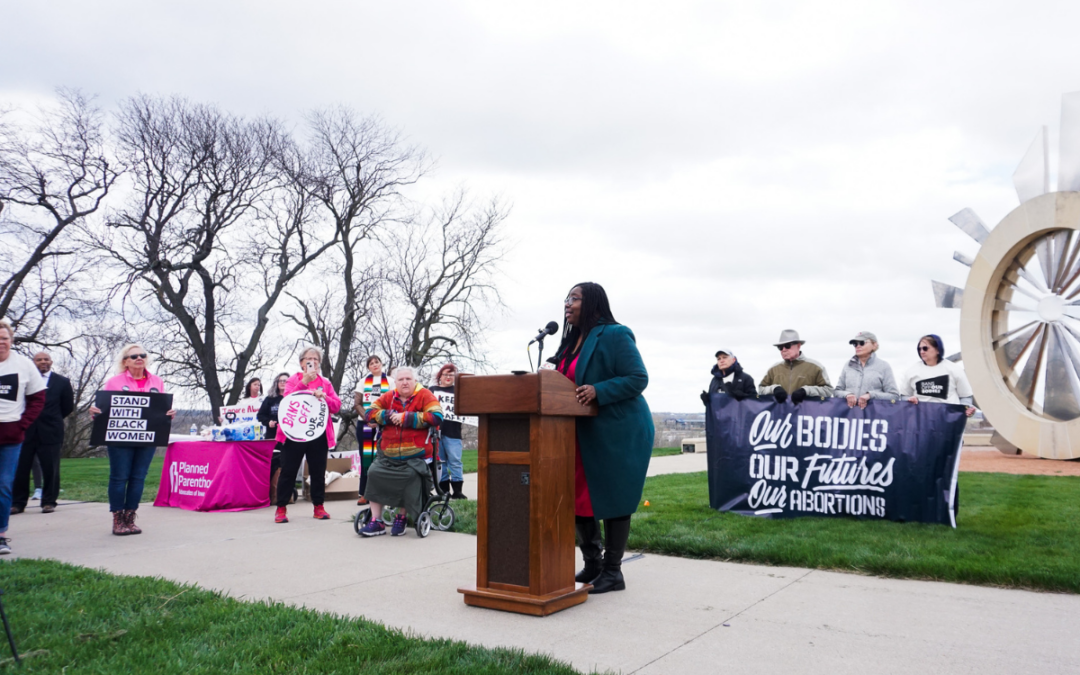
Abortion supporters rally before Iowa Supreme Court arguments
Abortion saved her life seven years ago and Leah Vanden Bosch is more grateful for it now than ever. Vanden Bosch, who serves as the development and...
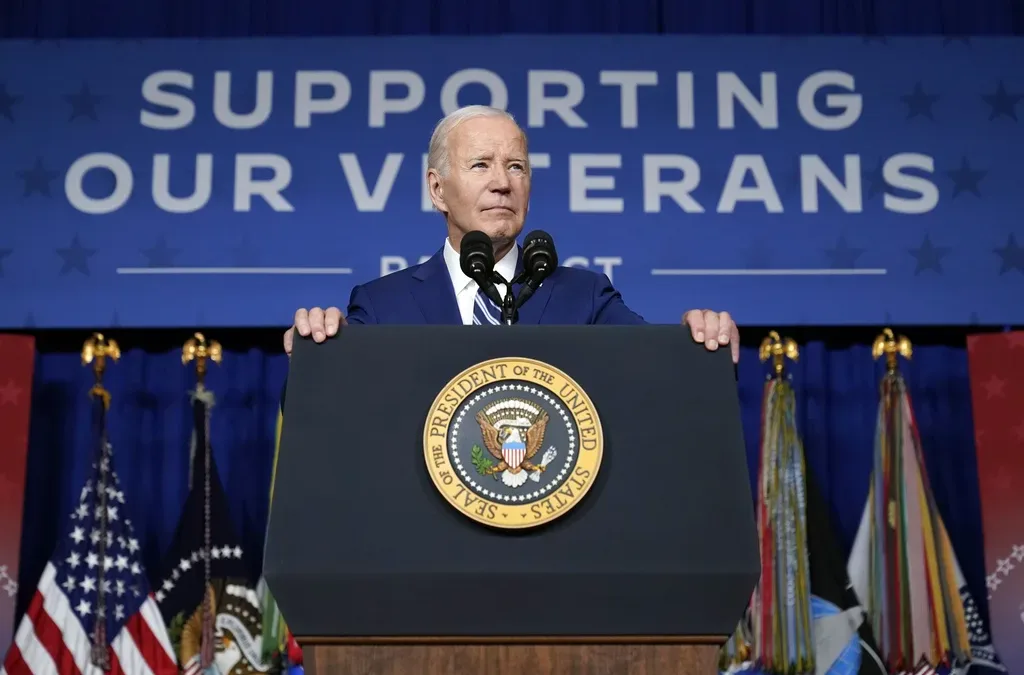
New VA program to help more than 40,000 veterans stay in their homes
The Department of Veterans Affairs (VA) will launch a “last resort” program for tens of thousands of American veterans who are in danger of losing...
Local News

No more Kum & Go? New owner Maverik of Utah retiring famous brand
Will Kum & Go have come and gone by next year? One new report claims that's the plan by the store's new owners. The Iowa-based convenience store...

Here’s a recap of the biggest headlines Iowa celebs made In 2023
For these famous Iowans, 2023 was a year of controversy, career highlights, and full-circle moments. Here’s how 2023 went for the following Iowans:...



